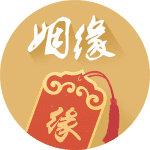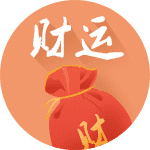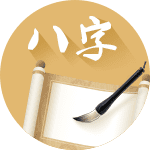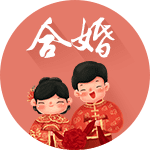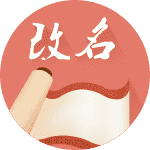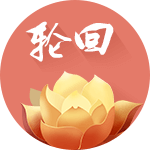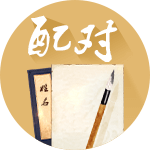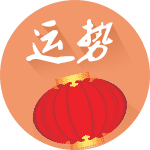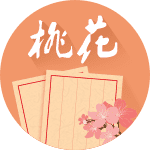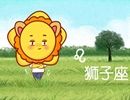清明节英语介绍,清明节英语怎么说?
发布时间:2015年08月26日 14:58:53 作者:网络
清明节是中国传统节日之一,拥有着优秀的历史和文化。许多人对清明节都有着积极的兴趣,有的喜欢清明节时缤纷的春雨,有的喜欢清明节的习俗,有的则对英文翻译版的清明节介绍很感兴趣。那么,接下来就随小编来看看清明节英语介绍吧!
A well-known poem by Tang Dynasty writer Du Mu tells of a sad scene in early April: "rains fall heavily as Qingming comes, and passers-by with lowered spirits go." Qingming Day, the traditional tomb-sweeping day, falls on April 4-6 each year. It is a time for remembering loved ones who have departed. People visit their ancestors' graves to sweep away the dirt.
Its origin dates back to the Spring and Autumn Period. Jin prince Chong'er ran away from the country with his supporters due to persecution. They were homeless for 19 years and things got so bad that Chong'er began to starve to death. One of the prince's faithful followers, Jie Zitui, cut a piece of muscle from his own leg and served it to his master. Chong'er was saved and, in 636 BC, he took back the throne.
He rewarded the officials who had stayed loyal to him but he forgot about Jie Zitui. By the time Chong'er remembered him, a heartbroken Jie Zitui had traveled deep into the mountains. Chong'er wanted to persuade Jie to come home, so he had the hills set on fire. But Jie was later found beside a large tree, with his old mother on his back. Both were dead.
Saddened by the tragedy, Chong'er ordered that fires could not be lit on the day of Jie Zitui's death. From this comes Hanshi Day, or Cold Food Day. People visited Jie Zitui's tomb the next day to pay their respects. Over time, Hanshi Day was replaced with tomb-sweeping day.
The Qingming(Pure Brightness)Festival is one of the 24 seasonal division points in China, falling on April 4-6 each year. After the festival, the temperature will rise up and rainfall increases. It is the high time for spring plowing and sowing. But the Qingming Festival is not only a seasonal point to guide farm work, it is more a festival of commemoration.
The Qingming Festival sees a combination of sadness and happiness.
This is the most important day of sacrifice. Both the Han and minority ethnic groups at this time offer sacrifices to their ancestors and sweep the tombs of the diseased. Also, they will not cook on this day and only cold food is served.
The Hanshi(Cold Food)Festival was usually one day before the Qingming Festival. As our ancestors often extended the day to the Qingming, they were later combined.
On each Qingming Festival, all cemeteries are crowded with people who came to sweep tombs and offer sacrifices. Traffic on the way to the cemeteries becomes extremely jammed. The customs have been greatly simplified today. After slightly sweeping the tombs, people offer food, flowers and favorites of the dead, then burn incense and paper money and bow before the memorial tablet.
In contrast to the sadness of the tomb sweepers, people also enjoy hope of Spring on this day. The Qingming Festival is a time when the sun shines brightly, the trees and grass become green and nature is again lively. Since ancient times, people have followed the custom of Spring outings. At this time tourists are everywhere.
People love to fly kites during the Qingming Festival. Kite flying is actually not limited to the Qingming Festival. Its uniqueness lies in that people fly kites not during the day, but also at night. A string of little lanterns tied onto the kite or the thread look like shining stars, and therefore, are called "god's lanterns."
The Qingming Festival is also a time to plant trees, for the survival rate of saplings is high and trees grow fast later. In the past, the Qingming Festival was called "Arbor Day". But since 1979, "Arbor Day" was settled as March 12 according to the Gregorian calendar.
- 上一篇: 清明节放假安排,2016年放假安排
- 下一篇: 清明节手抄报图片,清明节手抄报内容
热门标签
星座查询
情侣速配
性格解读
最新更新
